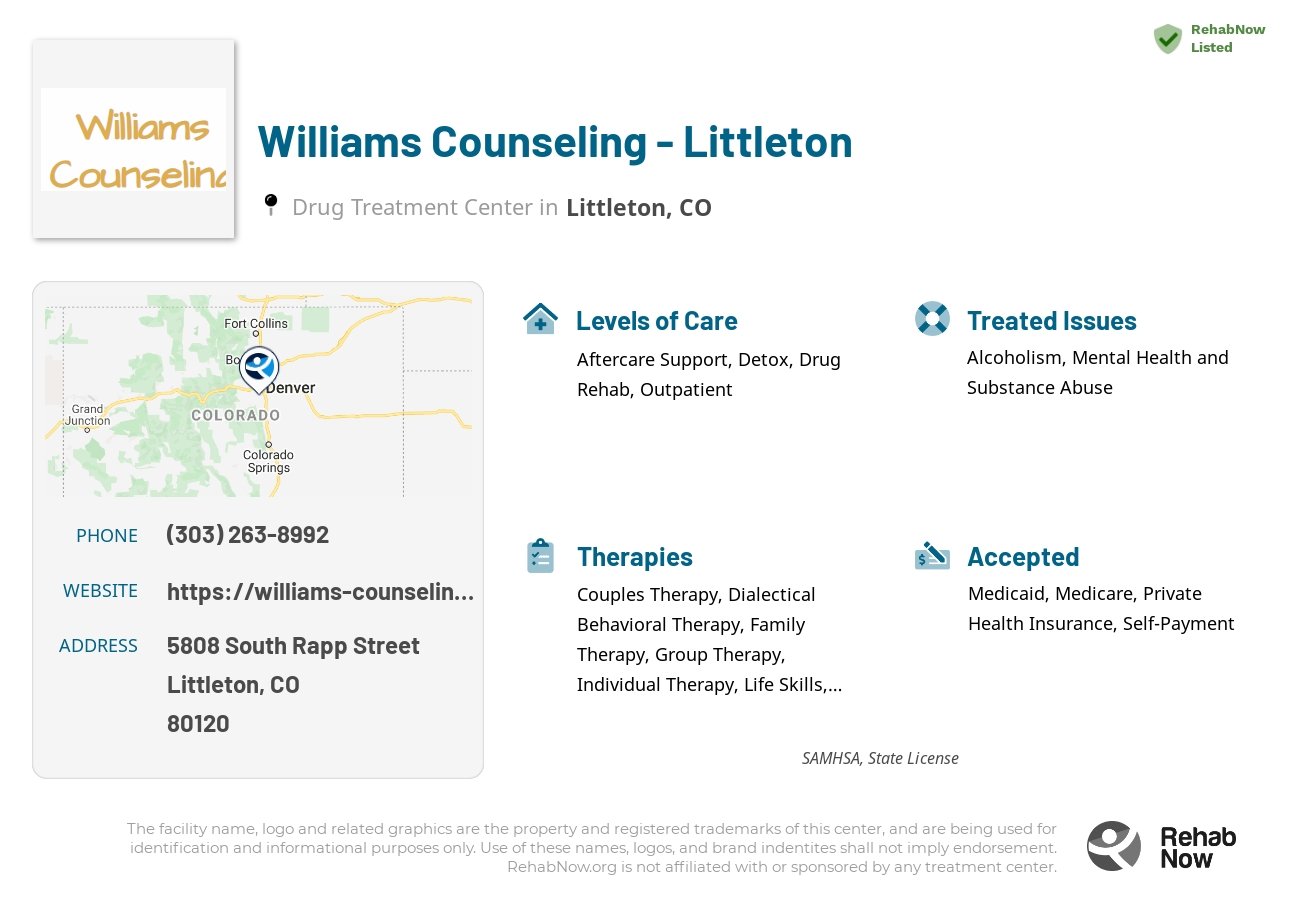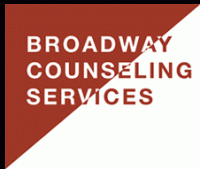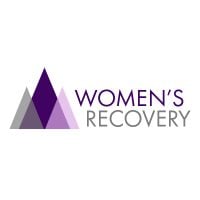Williams Counseling - Littleton
Drug Rehab Center in Littleton, Colorado
Williams Counseling - Littleton, Colorado offers addiction and substance abuse treatment services with a team of mental health professionals using a multidisciplinary approach, offering specialized services including assessments, counseling, trauma and dual-diagnosis treatment, and therapeutic modalities like Cognitive Behavioral Therapy, Dialectical Behavioral Therapy, Motivational Interviewing, and Acceptance and Commitment Therapy.
About
Williams Counseling - Littleton is a facility located in Littleton, Colorado, that has been offering addiction and substance abuse treatment services for over 25 years. It offers a multidisciplinary approach to treatment by having a team of mental health professionals and addiction specialists. These team members have the required qualifications and certifications in their field. Their specialized services include assessments, individual and family counseling, trauma treatment, and dual-diagnosis treatment.
Williams Counseling - Littleton is committed to providing quality treatment to individuals struggling with addiction and substance abuse. They offer a variety of therapeutic modalities such as Cognitive Behavioral Therapy, Dialectical Behavioral Therapy, Motivational Interviewing, and Acceptance and Commitment Therapy. In addition, they provide supportive services such as case management, wellness programs, and relapse prevention plans. It has an emphasis on both the clinical and holistic aspects of addiction recovery and aims to provide a safe and supportive environment for healing.
Williams Counseling - Littleton has several accreditations, including the Commission on Accreditation of Rehabilitation Facilities, as well as a license from the State of Colorado. They are members of the National Association of Addiction Treatment Providers and the National Council for Behavioral Health. Additionally, they have won the National Quality Award from DNV-GL Healthcare and have been recognized for their excellence in the field of mental health and addiction treatment.
Genders
Ages
Modality
Additional
Accreditations
State License
SAMHSA
Conditions and Issues Treated
Levels of Care Offered
This center offers a variety of custom treatment tailored to individual recovery. Currently available are Aftercare Support, Detox, Drug Rehab, Outpatient, with additional therapies available as listed below.
Detoxification is a critical first step in treatment for drug addiction. Drug detoxification helps the individual withdraw from the drug by providing a controlled environment where symptoms can be managed through medication and close observation. Detoxification is an inflection point where the individual can get on a recovery track, but it’s also one of the most dangerous points in the recovery process.
In addition to going through physical withdrawal from certain drugs, a detox program also provides the individual with drug testing to monitor their progress. This way, if the individual is not ready for sobriety (such as if they relapse), the treatment professionals can catch it early on and use that opportunity to help re-orient the individual towards recovery.
An outpatient treatment program is set up to help with alcohol or drug addiction or a co-occurring disorder. The treatment must attend the treatment facility for their therapy and other programs but return home each night. The frequency of mandatory attendance decreases after much of the treatment program is complete. The treatment programs are monitored by the treatment facility and case managers who work for a judge or judge’s office. A treatment program may be performed out of a treatment facility, treatment clinic, or treatment center.
The benefits of outpatient treatment programs are many. One of the most beneficial treatment programs is that it allows treatment for clients who cannot afford or may not be able to attend treatment at a treatment facility, treatment center, or treatment clinic full-time. Another benefit of treatment programs is that they reduce crime rates because treatment allows people to treat their addiction.
Recovering drug addicts need aftercare support when they leave treatment. The support can include guidance through 12-step programs, outpatient rehabilitation programs, and support groups. Aftercare supports the individual in their desire to maintain sobriety by reducing relapse risk with positive choices.
The success of drug treatment does not end when the addict leaves the rehabilitation center. There is no such thing as a “one and done” type of rehabilitation process. Recovery is a lifelong journey that begins with treatment and continues by the addict committing to outside support groups or drug rehab programs.
When choosing a program, it is crucial to choose one that will provide long-term aftercare support. This ensures that you have the tools you need to sustain your recovery.
Therapies & Programs
Individualized Treatment is essential because it gives addicts the ability to participate in a program that meets their unique needs. An addict should work with professionals who understand what they’re going through, especially if the addict is actively using. Finding the right treatment program for an addict is difficult, but it’s even harder without communicating with those who have experience treating your specific situation.
Couples therapy is a treatment approach where the patients and their partners are engaged together. When a person becomes a victim of substance abuse, it affects the patient and his people, particularly his partner. Their relationship can become strained due to lack of communication, financial issues, loss of trust, lack of intimacy, and physical abuse in more severe cases. Couples therapy addresses these issues and tries to rebuild the trust between the partners. The partner’s involvement in the process will result in greater chances of treatment success and sustained recovery.
The therapies typically involve all family members, potentially including siblings, children, and parents who play a role in their daily lives. These sessions can be essential because they address past issues that may have affected an addict or alcoholic’s recovery process. They provide support during this time when it is needed most!
A family therapy session, often called a family meeting or intervention, is a necessary process that helps loved ones of addicts see their situation in a new light. It’s also one of the most challenging things families will ever have to do when they’re facing a loved one battling addiction or alcoholism.
Group therapy sessions provide recovering addicts with a chance to cope with everyday situations that many face. Group therapy sessions are held in rehab facilities, clinics, churches or community centers that offer drug addiction treatment.
People who attend these groups are encouraged to voice their feelings and support other addicts in recovery. This helps group members strengthen their own recovery program while cheering on others who are struggling with sobriety.
Trauma therapy allows them to work through past trauma to have peace of mind and begin down the road of sobriety. The therapist will work with the individual to help them understand their past and present relationships. Patients may often believe that something is inherently wrong with them or they are unworthy of love. The therapist aims to correct these negative feelings and behaviors by helping the person realize that their actions do not reflect who they truly are.
Dialectical behavior therapy, or DBT, is one form of cognitive behavioral treatment. This type of therapy typically involves both individual and group sessions with a therapist on a regular basis.
It uses concepts like mindfulness training to help addicts learn how to identify their thoughts, feelings, behaviors and the experiences that trigger them so they can avoid relapse. DBT also teaches addicts how to regulate their emotions, which can make it easier for them to avoid or overcome negative thoughts and cravings.
Cognitive Behavioral Therapy (CBT) is a highly effective treatment option based on the idea that how we feel, think and act all interact together. Our thoughts determine our feelings and behaviors; our feelings affect our thoughts, and our behaviors change our thoughts and feelings. CBT helps people explore their thoughts for problems (or false beliefs) that influence their mood and actions. By examining their thoughts and beliefs, people can recognize distorted or irrational and modify them to more realistic, positive ones. CBT is very goal-oriented, which means that the therapist and patient work together on a specific problem while learning to become more adept at solving future problems.
CBT works well with a broad range of people, including those with depression, anxiety disorders, eating disorders, and problems with anger. In addition to helping a client focus on thoughts that can be changed, CBT also allows them to take an active role in their treatment. This is called a collaborative approach because both patient and therapist work together to produce the best possible results.
CBT is based on cognitive learning theory, which says that our behavior is a learned response to our environment. Cognitive refers to thoughts and beliefs, while behavioral relates to actions or deeds. CBT helps people learn ways of behaving to improve their quality of life by focusing on specific problems or goals they want to achieve. Sometimes, CBT is used alone; other times, it is combined with medications or brief counseling techniques such as solution-focused and motivational interviewing to achieve optimal results for the patient.
Rational Emotional Behavior Therapy (REBT) was developed by Dr. Albert Ellis in 1955. The therapy is based on the premise that our beliefs lead to and maintain our emotions and behaviors. It does not incorporate the use of medications or supplements. Instead, REBT focuses on helping people understand, respect, and accept their feelings without judgment.
Life skills training is beneficial for addicts in recovery because it helps them learn how to take care of themselves and improve their quality of life, which can promote feelings of purpose and motivation.
This works by teaching individuals life-enhancing skills that support positive living, including:
- Healthy lifestyle habits
- Skills to effectively manage stress
- Effective communication skills to help them get their needs met without turning to drugs or alcohol
- Money management and budgeting skills so they can continue to take care of themselves after treatment ends.
Payment Options Accepted
For specific insurance or payment methods please contact us.
Is your insurance accepted?
Ask an expert, call (888) 674-0062
Additional Details
Specifics, location, and helpful extra information.
Littleton, Colorado 80120 Phone Number(303) 263-8992 Meta DetailsUpdated November 25, 2023
Staff Verified
Patient Reviews
There are no reviews yet. Be the first one to write one.
Littleton, Colorado Addiction Information
The Centennial State has slipped to a ranking of 12th in the country for drug abuse. Each year around 24% of the state's population uses illegal drugs while nearly 5% of its population abuses alcohol. Substance-related deaths in Colorado were responsible for 15.12% between 2008 and 2017. Fortunately, Colorado drug and alcohol addiction treatment are available to help a person overcome addiction.
In 2017, there were 479 reported drug abuse cases in Littleton, CO. About 9% of the population is addicted to drugs. Littleton's most commonly abused drugs include marijuana, prescription painkillers, and cocaine. High rates of drug addiction have led to increased crime rates and decreased quality of life. Patients and their families can be a good source of information about the quality of care at a treatment facility.
Treatment in Nearby Cities
- Akron, CO (103.1 mi.)
- Berthoud, CO (48.3 mi.)
- Pueblo, CO (96.4 mi.)
- La Junta, CO (137.8 mi.)
- Norwood, CO (203.8 mi.)
Centers near Williams Counseling - Littleton
The facility name, logo and brand are the property and registered trademarks of Williams Counseling - Littleton, and are being used for identification and informational purposes only. Use of these names, logos and brands shall not imply endorsement. RehabNow.org is not affiliated with or sponsored by Williams Counseling - Littleton.











